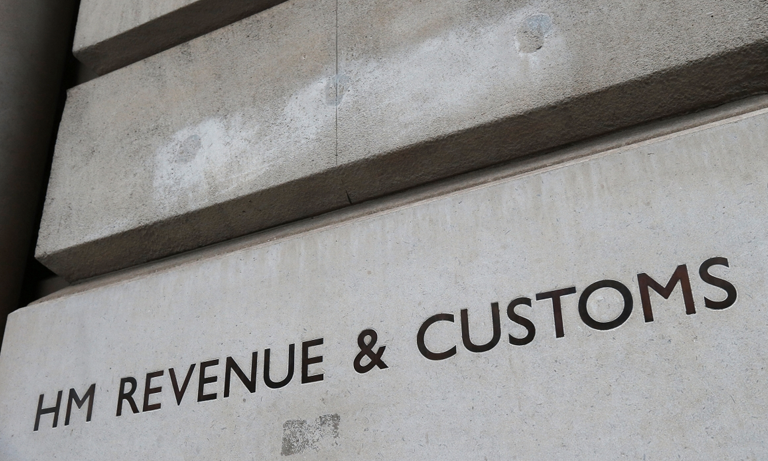 News and information from HM Revenue & Customs
News and information from HM Revenue & CustomsNew government proposals effective on and after 6 April 2016 are aimed at preventing workers, engaged through an employment intermediary such as an umbrella, and their employers, from benefiting from relief for home-to-work travel expenses.
The proposals, which will result in a decreased use of umbrella companies, recognise the different ways individuals are now working and put workers employed through an intermediary on the same terms as other workers, contracted directly, or through an agency contract. This underpins the government’s commitment to ensure the tax system is fair and treats individuals in similar circumstances in the same way.
In the 2014 Autumn Statement the government published a discussion document looking at the issue of employment intermediaries such as Umbrellas. Following this, the government announced in the March Budget of 2015 that it intended to consult on proposals to remove tax relief, following which the consultation document entitled ‘Employment Intermediaries and Tax Relief on Travel and Subsistence’ was published in the Summer Budget of 2015 (8 July), setting out proposals to address these issues.
Proposed revisions
Legislation will be introduced in Finance Bill 2016 to restrict access to relief for home to work travel and subsistence where a worker:
- Personally provides services to another person
- Is employed through an employment intermediary such as an umbrella company
- Is under (the right of) the supervision, direction or control of any person, in the manner in which they undertake their work
Economic impact
This measure is not expected to have any significant economic impacts but should result in decreases in the use of umbrella companies and increases in the use of other types of employment intermediaries.
Impact on individuals, households and families
It is estimated that the measure will affect around 430,000 individuals employed by umbrella companies and employment agencies over the course of a year.
The precise impact on any individual is difficult to predict as it will depend on the hours worked, rate of pay, level of expenses and (if employed through an umbrella company) the level of the fee charged by the company. Those on low pay could benefit from this measure if they are claiming few expenses and are still paying a high weekly fee to an umbrella company.
Get The Recruiting Times FREE every Monday – SUBSCRIBE NOW
Recruiters love this COMPLETE set of Accredited Recruitment & HR Training – View Training Brochure








